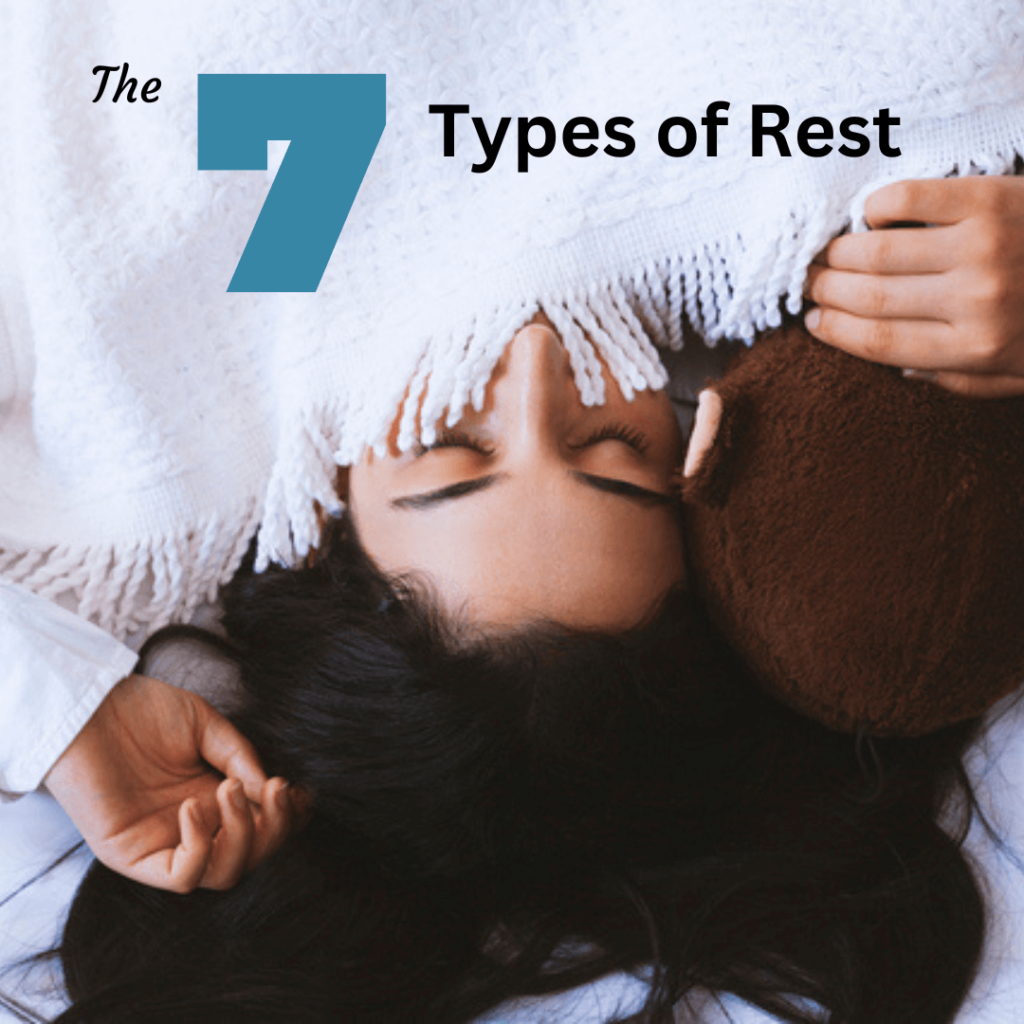Night Shift Nurse Survival Guide | Pros & Cons of Night Shift and ways to Thrive
Worldwide, up to 33% of people are involved in night shift work, most prominently among healthcare workers, but what does this do to your overall health, and what steps can you take to help mitigate the effects of the graveyard shift? Here are some tips to avoid the graveyard while working the ‘graveyard shift.’
Over 46,000 nurses participated in a study “to examine whether rotating night shift work is associated with healthy aging after 24 years of followup….” Healthy aging is reaching at least 70 years of age and being free of 11 major chronic diseases, memory impairment, physical limitations, or declining mental health. The data indicate that excess night shift work is a significant health concern that may lead to deteriorated overall health among older individuals compared to those with no night shift work (Shi, et al., 2022).
During nursing school, I worked at an assisted living facility and rotated nights. Many of us would pull a double or a 16-hour shift at a time! Others began to point out my change in mood and personality. I was easily irritable and just became this super unhappy person.
“…night shift work is associated with lower levels of alertness…”
An article in the Occupational and Environmental Medicine journal found that night shift work is associated with “lower levels of alertness and visual focus, as well as declines in the ability to control impulses and situational response.” Of the 18,000 participants in the study, night-shift workers scored lower in impulse control, situational response or decision-making ability, brain processing speed, working memory, alertness, and the ability to filter out unimportant visual cues Wow! This translates as a potential risk of increased work-related injuries and errors, (Dunleavy, 2022).
Despite these challenges, there are many benefits of working the night shift! An article from SLING shares all of the benefits and ways to combat some of these nasty effects.

Benefits:
- Pay Differential
- Shows You’re a Team Player
- Less Competiton
- More Autonomy
- Fewer Distractions
Tips to the Effects of Night Shift:
- Transition Slowly– Let your body adjust
- Create a New Schedule– get your family involved
- Avoid Caffeine– Before bed
- Avoid Alcohol – Interrupts REM sleep
- Vitamin D– 30 Min on off days
- Sleep Environment: Keep cool, dark, & quiet
- Avoid Nicotine– 3 hrs before bed
- Avoid Electronics– 1 hr before bed
- Balanced Diet– Stay Nourished & more Alert
- Nap– Power nap during breaks.













